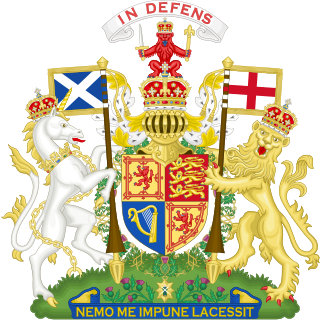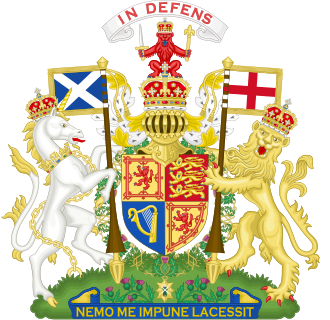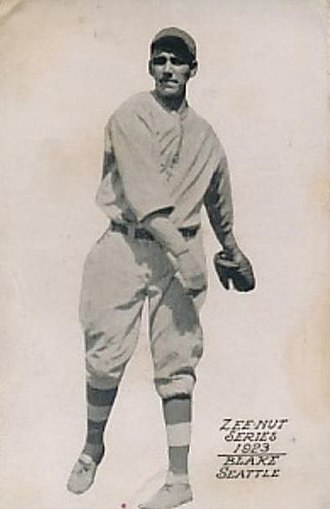Discover Your Roots
SIGN UPDiscover Your Roots
SIGN UPSheriff is a male name of English origin, meaning "Peace Officer Title". The name is associated with the historical role of a sheriff as a government official responsible for various duties, including maintaining peace, collecting taxes, and supporting the king in times of strife. In different countries, such as the United States, United Kingdom, Canada, and Australia, sheriffs have varying responsibilities, from law enforcement and court security to serving court orders and managing prisons. The term "sheriff" has historical ties to England, where it originated, and has evolved over the centuries, adapting to different legal, political, and ceremonial roles. The name Sheriff reflects strength, authority, and a commitment to upholding law and order.

The sheriff court (Scottish Gaelic: Cùirt an t-Siorraim) is the principal local civil and criminal court in Scotland. Each court serves a sheriff court district within one of the six sheriffdoms of Scotland and is presided over by a sheriff, a legally qualified judge. Sheriff courts hear civil cases as a bench trial without a jury and make determinations and judgments alone. They also hear criminal trials on complaint as a bench trial for summary offences and as a trial with a jury of fifteen for indictable offences. The judgments of the sheriff courts in criminal offences handled through summary procedures and civil cases handled through small claims and summary process can be appealed to the Sheriff Appeal Court. The office of sheriff dates from the early days of the Scottish monarchy and the original purpose was to exercise and preserve the King's authority against the rival powers of the local lords. The hereditary sheriff later delegated his judicial functions to a trained lawyer called a sheriff-depute. The Heritable Jurisdictions (Scotland) Act 1746 abolished the office of hereditary sheriff, and the Sheriff Court (Scotland) Act 1870 combined the thirty counties of Scotland into fifteen sheriffdoms. The legal cases heard within the courts are dealt with by a sheriff, who is usually assigned to work in a specific court, although some work as "floating sheriffs", who may work anywhere in Scotland. The sheriff courts are the main criminal courts and may follow solemn procedure, where the Sheriff sits with a

In Scotland, a sheriff principal, also known as àrd-siorram in Scottish Gaelic, holds the position of a judge with extensive judicial, quasi-judicial, and administrative responsibilities within a sheriffdom. This role has been a part of the Scottish judiciary since the 11th century, originally appointed by the monarch of Scotland. However, their appointment is now vested in the Crown and the monarch of the United Kingdom. Currently, there are six sheriffs principal, each appointed by the monarch of the United Kingdom on the advice of the First Minister of Scotland.In addition to their judicial duties, sheriffs principal are responsible for the effective functioning of the sheriff courts and justice of the peace courts within their jurisdiction. They are also subject to the authority and direction of the Lord President of the Court of Session as Head of the Judiciary of Scotland. Moreover, they hold various other ex officio positions, such as Commissioner of Northern Lighthouses and General Commissioner of Income Tax.The history of sheriffs principal in Scotland is complex due to the use of different names over time, with hereditary sheriffs and sheriff-deputes being the precursors to the modern office of sheriff principal. The office of sheriff principal has evolved significantly over the centuries, and their roles and responsibilities continue to adapt to the changing legal landscape in Scotland.

John Frederick "Sheriff" Blake (September 17, 1899 – October 31, 1982) was a prominent American pitcher in Major League Baseball, known for his career spanning from 1920 to 1937. His tenured involvement in the sport saw him play for several esteemed teams, including the St. Louis Browns, St. Louis Cardinals, Pittsburgh Pirates, Philadelphia Phillies, and Chicago Cubs. Blake's debut in 1920 encountered initial setbacks, but he persevered and eventually made significant contributions to the teams he represented. Notably, his best season was in 1928, where he achieved a remarkable 17–11 record with an NL-best four shutouts. Despite experiencing a challenging defeat in the 1929 World Series, his dedication and talent solidified his legacy in the sport. Offensively, Blake showcased his versatility with a .211 batting average and a notable .972 fielding percentage. His lasting impact extended beyond the field, leaving a remarkable legacy that continues to inspire baseball enthusiasts. Born in Ansted, West Virginia, and educated at West Virginia Wesleyan College, Blake's remarkable journey came to an end in October 1982, leaving an indelible mark on the baseball world.


All images displayed on this page are sourced from Wikipedia or Wikimedia Commons.We use these images under their respective Creative Commons or public domain licenses. Wherever applicable, author attributions and license information are provided. If you believe an image is used incorrectly or outside its license terms, please contact us so that we can review and correct the issue.